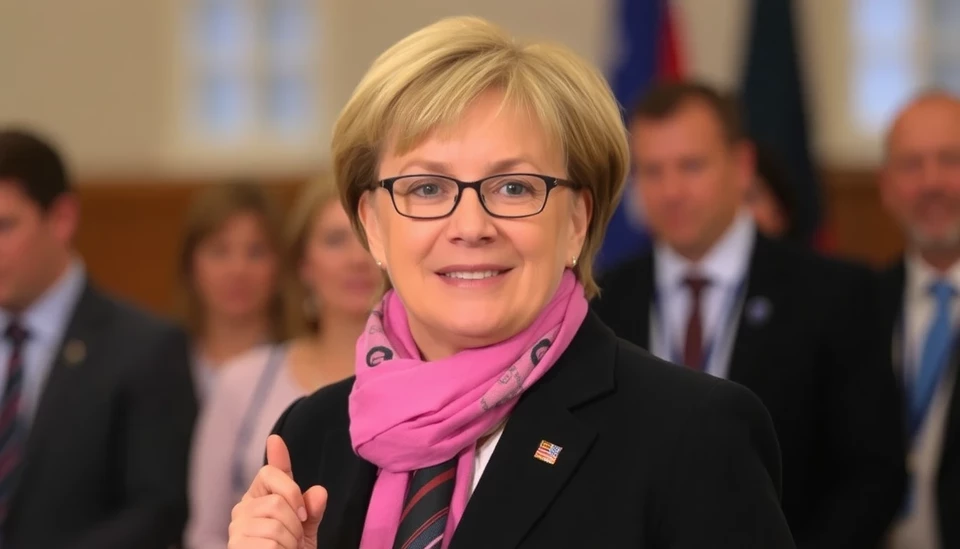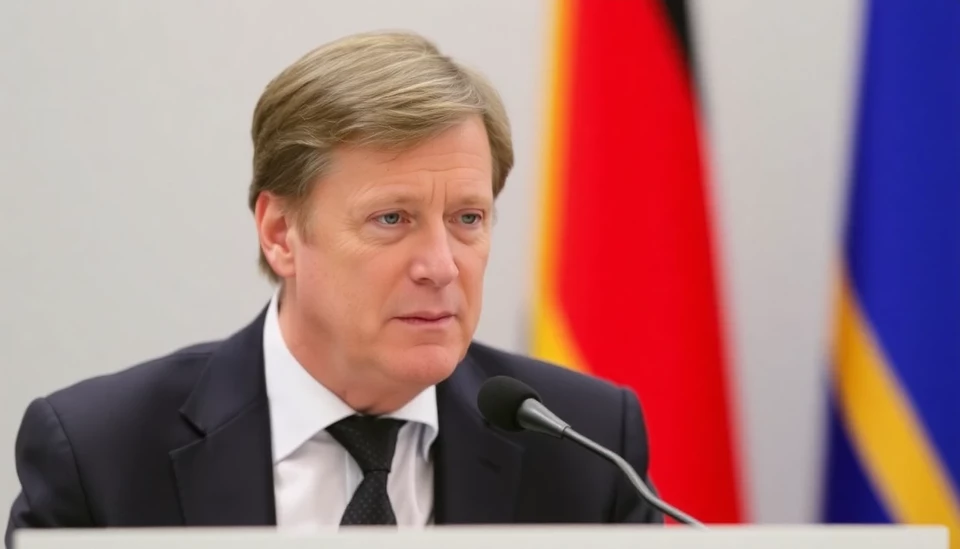
In a surprising turn of events, recent electoral outcomes in Germany have revealed a significant rise in support for fringe political parties. This shift has cast doubt on the government’s ability to implement much-needed debt reforms. The results stem from regional elections and have raised alarm among mainstream parties, which are now grappling with how to respond to this changing political landscape.
Analysts suggest that as traditional parties face increasing pressure from alternative political movements, their strategies to address issues such as public debt management may be further complicated. The surge of support for fringe parties illustrates a growing discontent among voters, particularly concerning economic policies and the management of national finances.
Polling data indicates that many voters are turning to these alternative parties, seeking representation that more closely aligns with their views on fiscal policies. This development is particularly troubling for Chancellor Olaf Scholz’s government, which has been under pressure to progress with reforms aimed at navigating Germany out of its current financial predicament.
The rising influence of these fringe parties could result in a legislative environment where passing comprehensive debt reform becomes increasingly challenging. Their ascent reflects a broader skepticism among the electorate towards established political institutions and their handling of economic issues. With elections looming, established parties will need to recalibrate their approaches to regain the trust of disillusioned voters.
In the wake of these developments, prominent figures within Germany's major parties are calling for introspection and a reevaluation of their platforms. It has become clear that a response to this electoral shift is necessary—not only to stabilize the current political environment but also to effectively address critical issues related to national debt and economic recovery.
As the discourse around Germany’s economic future continues to unfold, the ‘fringe party effect’ raises important questions about the dynamics of power and representation in one of Europe's largest economies. Political analysts now ponder whether established parties can unify to counteract this growing wave of support for alternatives, or whether they risk becoming increasingly sidelined in the political conversation surrounding economic reform.
The implications of these elections extend beyond just the immediate political sphere; they encompass the economic stability of Germany and potentially the wider European Union. As these trends continue, the calls for accountability and responsive governance will only intensify, highlighting the critical intersection between politics and economic policy in contemporary Germany.
In conclusion, the emergence of fringe parties poses a substantial challenge to the traditional political order in Germany, bringing the urgency for meaningful debt reform into sharp focus. As mainstream parties evaluate their strategies and priorities, the ultimate question remains: can they effectively reclaim the narrative and restore faith among their constituents?
#Germany #Politics #DebtReform #FringeParties #EconomicPolicy #Elections2025 #ChancellorScholz
Author: Laura Mitchell




